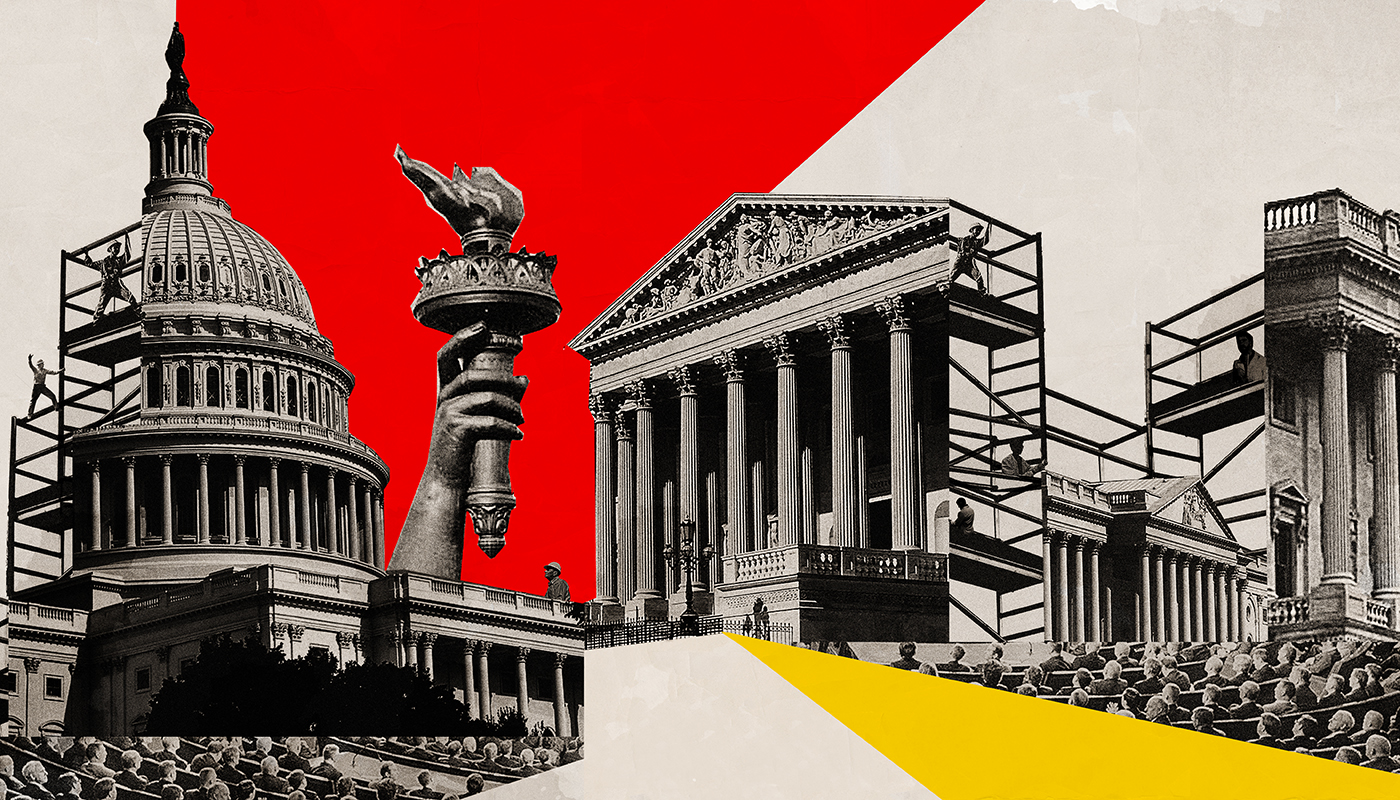Covid-19 Shows the Disastrous Results of What Happens When Science Is Sacrificed for Politics
The Trump administration has ignored expert advice on coronavirus.

An effective government response to the coronavirus pandemic requires that political officials consult scientific experts for guidance to stop the spread of infection. Unfortunately, the evidence is mounting that the Trump administration has been doing just the opposite, repeatedly rejecting expert advice in the name of political expediency. This disregard for expertise is part of a much larger erosion of ethics and the rule of law that has grown increasingly alarming during the pandemic. One way to turn the tide is for Congress and the public to hear from experts on the White House’s coronavirus task force, like Dr. Anthony Fauci.
Fauci, the director of the National Institute for Allergy and Infectious Diseases, is scheduled to testify before a Senate committee on Tuesday (He will be doing so remotely because of possible exposure to the novel coronavirus among the White House staff.). He was only allowed to testify in the Senate after the Trump administration prevented him from testifying before the House committee that oversees the Department of Health and Human Services because — in the president’s words — it’s full of “Trump haters.” Even the committee’s ranking Republican criticized Trump’s stonewalling. The White House has prohibited the rest of the coronavirus task force from testifying before Congress for this entire month.
Still, the Fauci hearing will be a significant opportunity to learn about the federal government’s plans to reduce transmission of Covid-19, allocate resources, test for infection, and treat those who fall ill. It will also let Americans assess how much — or how little — the administration is listening to experts’ advice and incorporating it into policy.
What we know about the administration’s response so far is damning, and the effects — as measured by soaring infections and deaths in the United States compared with most other countries — are undeniable. From the beginning of this health crisis, the Trump administration has sought to suppress the scientific opinions of health experts for political gain, and the president consistently downplayed the dangers despite repeated dire warnings in January and February.
More recently, the administration blocked publication of a guide written by Centers for Disease Control experts about how to reopen public places safely over concerns that the guidance would slow down efforts to quickly reboot the economy, which the president sees as critical to reelection.
We will likely learn more on Thursday, when a senior government health scientist turned whistleblower testifies before a House subcommittee. Dr. Rick Bright was removed as the head of a key federal vaccine agency after he raised concerns about the efficacy of antimalarial drugs the president touted as a Covid-19 treatment — even though they have been found to provide no therapeutic benefit and actually worsen health outcomes for Covid-19 patients. Trump and several large donors to his reelection campaign have a financial stake in manufacturers of the drugs.
Bright has said that he repeatedly tried to raise the alarm over Covid-19 in February but was shut down by political appointees. He has also said that he was repeatedly pressured to award government contracts to companies with political connections to the administration and Jared Kushner, Trump’s son-in-law.
Kushner himself is more directly tied to the administration’s disastrous response to the pandemic, as he leads the so-called “shadow task force.” As the name suggests, it has allegedly skirted government transparency laws, and it has completely botched its critical task of securing personal protective equipment for healthcare workers across the country while granting special treatment to Trump associates.
Meanwhile, other parts of the government have censored information that should be public as well. The CDC removed data from its website about the number of Americans who have been tested for and died of Covid-19 (although it has resumed reporting this information). And while several federal agencies disclose the number of their employees who are infected, the Department of the Interior has declined to do so.
This type of suppression forecloses access to information that members of Congress and the public need to assess whether the Trump administration’s Covid-19 plans will protect our health. Disclosure is also needed to hold executive branch officials accountable for their actions.
The lack of transparency and accountability in the federal government’s response to Covid-19 is symptomatic of longstanding problems of politics undermining the integrity of government science. For instance, there have been episodes of censorship of federal climate scientists’ congressional testimony from the late 1980s until 2019. The collapse of unwritten rules that long ensured ethical and well-reasoned government decision-making has accelerated and come into plain view during this crisis.
It’s clear now more than ever that Congress must pass safeguards to protect government experts from censorship and retaliation, as well as to improve ethics, leadership, transparency, and accountability in executive branch policymaking. The Brennan Center’s bipartisan National Task Force on Rule of Law & Democracy has created a legislative agenda that would accomplish these goals. These reforms are essential to ensure that policy decisions are made in the public interest — and not for personal or political gain.




